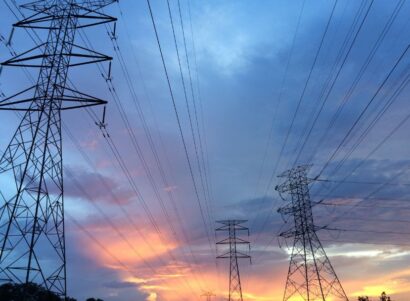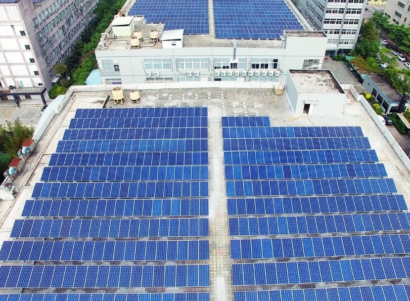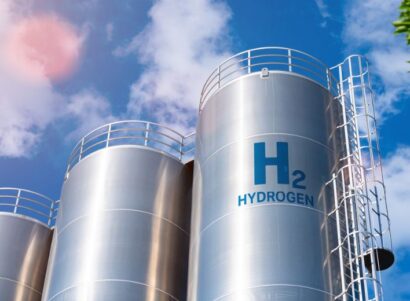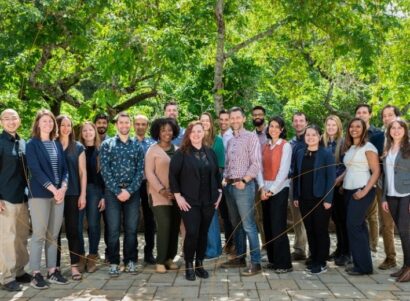PSE Energy Quarterly is the newsletter of Physicians, Scientists, and Engineers for Healthy Energy, a nonprofit research institute dedicated to supplying evidence-based scientific and technical information on the public health, environmental, and climate dimensions of energy production and use.
News Briefs
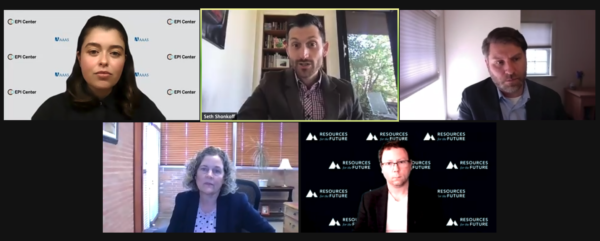
Dr. Shonkoff Congressional Briefing Across the US, the oil and gas industry has created millions of unplugged, idle, and orphaned wells. On April 7, 2021, PSE Executive Director Dr. Seth Shonkoff joined the American Association for the Advancement of Science’s Center for Scientific Evidence in Public Issues (AAAS EPI) to brief members of the United States Congress and their staff on climate and public health dimensions of this problem. View Dr. Shonkoff’s presentation.
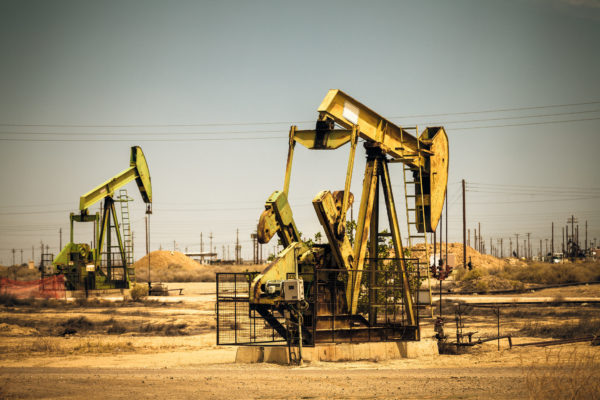
California Oil and Gas Rulemaking Together with the University of California at Berkeley, PSE Healthy Energy is leading a panel of public health experts to inform the transformation of California’s oil and gas regulator, known as the California Geologic Energy Management Division (CalGEM), and update rules and regulations of California oil and gas development to better protect the health of California’s communities. PSE’s executive director, Dr. Seth Shonkoff, and UC Berkeley professor, Dr. Rachel Morello-Frosch were selected as co-chairs of the panel. The Science Advisory Panel is the first of its kind in CalGEM’s over 100-year history and will help support science-based regulation of California’s oil and gas industry. Read more about our work on our website.

Resilience Hubs Community resilience hubs are local facilities offering a range of resources and services that help communities become more resilient in the face of disaster. Working with the Asian Pacific Environmental Network and Communities for a Better Environment, PSE is helping identify potential solar+energy storage resilience hubs across California. The project aims to support California’s climate mitigation, adaptation, and resilience efforts while prioritizing underserved and vulnerable communities. The project is supported by California Strategic Growth Council’s Climate Change Research Program with funds from California Climate Investments—Cap-and-Trade Dollars at Work. For more information on PSE’s work on resilience hubs click here and for a detailed analysis of the threat posed by California’s public safety power shutoff events, read our blog.
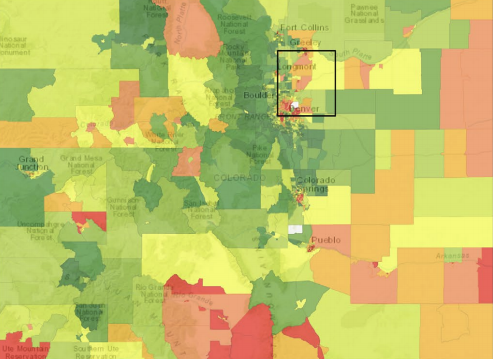
Equity-Focused Climate Strategies for Colorado As part of PSE’s ongoing work to bring health and equity to western states’ deep decarbonization efforts, PSE released a report assessing opportunities and strategies to integrate public health and environmental equity policies into Colorado’s decarbonization plans. The findings highlight opportunities to reduce energy cost burdens, cumulative environmental burdens, and other environmental, public health, and economic inequities of the current energy system. Read the full report or take a deep dive into the state’s household energy cost burden data with our blog.
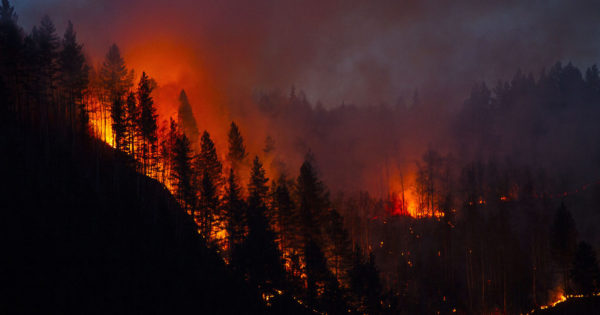
Wildfires and Public Health Increased wildfire risks are driving California to re-evaluate its strategies to both prevent and suppress wildfires and to mitigate wildfire impacts. In our July 2020 report, PSE examined the health dimensions of wildfires and approaches to wildfire prevention, mitigation, and suppression. Read the full report here.
We’re Growing!
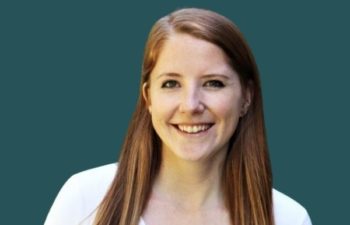
Jessie Jaeger, MPH, MCP joined PSE in June 2020 to support the organization’s work on air pollution, health equity, and community resilience to climate change. Jessie has a Master of Public Health (MPH) in Environmental Health Sciences and a Master of City Planning (MCP) with a specific emphasis in Healthy Cities & Environmental Planning from UC Berkeley. She received a B.S. in Environmental Science from UCLA.
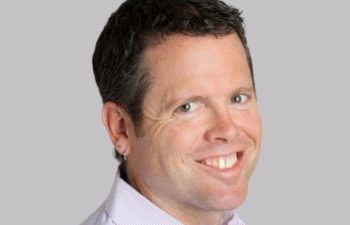
Patrick Murphy, PhD joined PSE as a Senior Scientist in November 2020. Patrick has 20 years of experience as an energy and systems engineer, operations research analyst, research program manager, and military intelligence officer. At PSE, Patrick researches clean energy transitions with a focus on resilience and energy equity.

Rob Rossi, PhD joined PSE in November 2020 to work on the impact of produced water from oil and gas activities on groundwater systems. Dr. Rossi completed his PhD in Geology and Environmental Science at The University of Pittsburgh and his Bachelor’s in Civil Engineering at Pennsylvania State University.

Jeremy Domen, MS joined PSE in December 2020 after working as an environmental engineering consultant for the organization. As an Energy Analyst, Jeremy focuses on the human health and environmental implications of chemical use in the oil and gas industry.
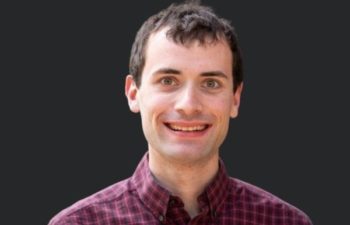
Eric Lebel, PhD formally joined the PSE team in January 2021 after working as a contractor. He uses his background and Ph.D. to lead work quantifying the composition of natural gas in California and measure methane and health-damaging air pollutants from natural gas appliances. Eric received his Ph.D. from Stanford University with advisor Rob Jackson in the Earth System Science department.

Karan Shetty, M.ESM joined the Clean Energy Transition team in January 2021, where he supports data analysis and science communications with a focus on energy equity, air pollution, and community resilience. Karan received his Master’s in Environmental Science and Management from UCSB’s Bren School.
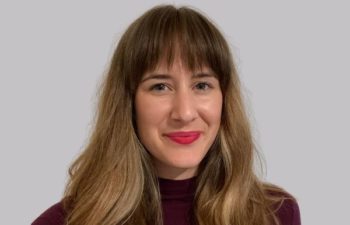
Adrienne Underwood joined PSE in March 2021 to lead communications. She has seven years of experience in public affairs campaigns for clean energy, public lands, and climate policy. Adrienne holds a B.A. in Environmental Sustainability and Social Justice from SFSU.
PSE in the Media
- E&E News: Loopholes undermine fracking setback rules — study
- The Denver Post: Harvard study says tighter oil, gas rules that allow exemptions make little difference
- Newsy: The Promising Future Of Battery Storage On The U.S. Grid
- Truthout: Fossil Fuel Phase Out Must Begin Where the Industry Has Hurt People the Most
- Current Affairs: The Wreckage of the Last Energy Epoch: Abandoned Wells and Workers
- The Center for Public Integrity: Trump’s pullback of pollution controls is even more hazardous than you think
- Grist: Law and Disorder
- Bloomberg Green: Gas Companies Are Abandoning Their Wells, Leaving Them to Leak Methane Forever






